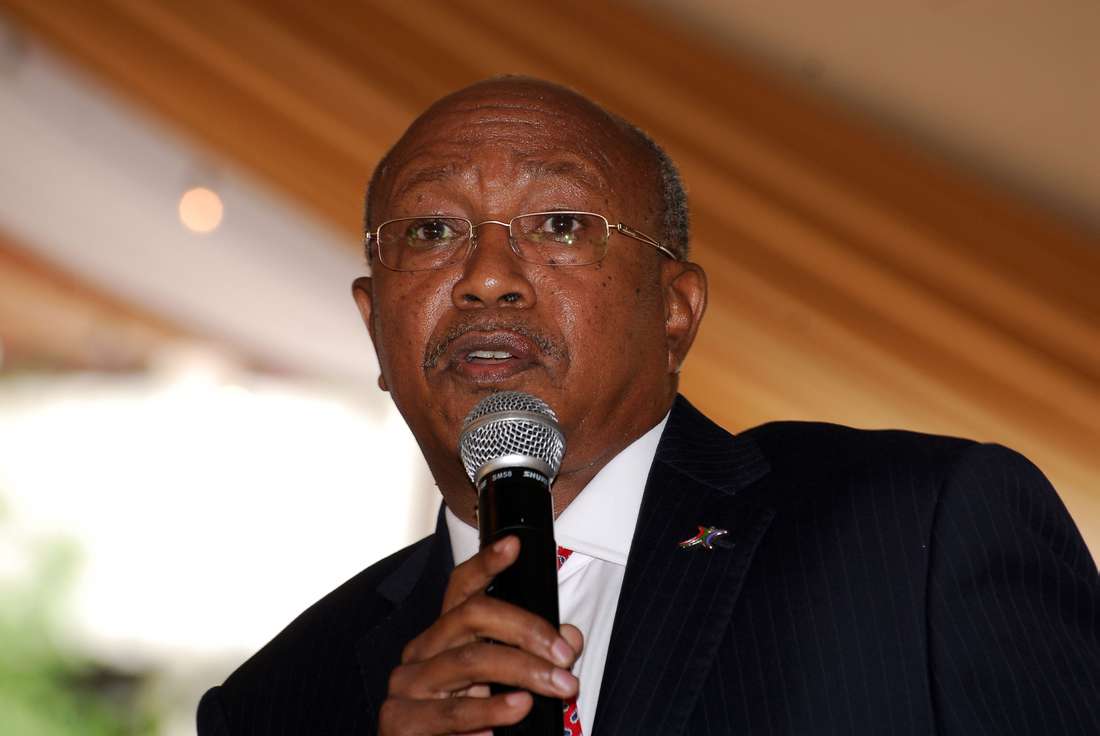Former chief executive of CIC Insurance Group #ticker:CIC, Nelson Kuria, has returned to the company’s board as an independent director.
The move comes after he stayed out of the firm long enough to satisfy the Capital Markets Authority’s requirement that an independent director must not have held an executive position in the company within the last five years.
Mr Kuria served as the CEO of the Nairobi Securities Exchange-listed firm from July 2001 until February 2015 when he retired.
“The board is pleased to announce the appointment of Mr Nelson Kuria as an independent director … with effect from September 29, 2020,” CIC said in a statement.
His appointment is part of ongoing management and boardroom changes aimed at turning around the fortunes of the loss-making company.
Mr Kuria still holds 14.2 million shares in CIC with a current market value of about Sh30 million.
Other significant shareholders of the insurer, have however, lowered their holdings in the company.
Mr Tom Gitogo, another former CEO of the insurer, recently sold all of his 11 million shares in the company worth about Sh23 million.
Mr Gitogo said the trade was a normal portfolio realignment.
“I am switching my equities portfolio to banks, especially Co-op Bank where I have bought about two million shares already. So, I still get exposure to CIC via Co-op Bank,” he said.
Co-op Bank on the other hand has reduced its indirect ownership in CIC to 24.8 percent from the previous 26.5 percent after selling shares to a group of saccos for a total of Sh106.6 million.CIC made a Sh335.5 million net loss in the half year ended June, reversing a net profit of Sh20.9 million the year before.This came as investment income fell 25.9 percent to Sh1.2 billion in a period when the Covid-19 pandemic pulled down share prices on the Nairobi bourse and returns on fixed income investments like bank deposits and T-bills declined.CIC has moved to sell 712 acres of its freehold land in transactions expected to earn it substantial gains.The company has not revalued the land holdings on which it had initially planned to build residential properties. Part of the cash is expected to be used in reducing its borrowings.
